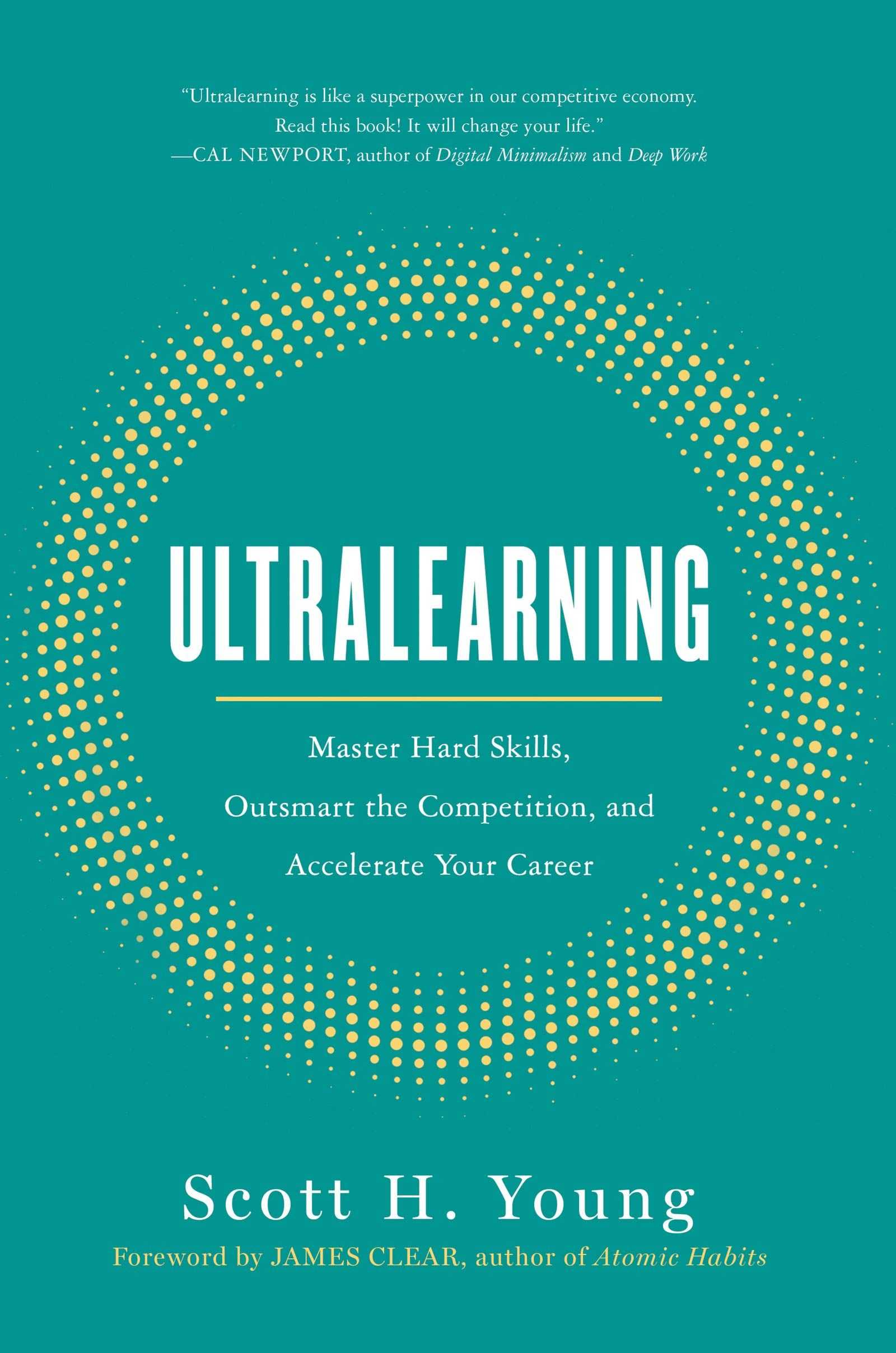10 Highlights
Doing hard things, particularly things that involve learning something new, stretches your self-conception.
Make a mental habit of every time you procrastinate; try to recognize that you are feeling some desire not to do that task or a stronger desire to do something else.
A first crutch comes from recognizing that most of what is unpleasant in a task (if you are averse to it) or what is pleasant about an alternative task (if you're drawn to distraction) is an impluse that doesn't actually last that long.
Look for parts of the skill you're learnign that can be decomposed into specific moments of time that have heightened difficulty or importance.
A simple tactic for applying retrieval is, after reading a section from a book or sitting through a lecture, to try to write down everything you can remember on a blank piece of paper.
When feedback steers into evaluations of you as an individual (e.g., "You're so smart!" or "You're lazy"), it usually has a negative impact on learning. Further, even feedback that includes useful information needs to be correctly processed as a motivator and tool for learning.
Most students who had taken an algebra class and were retested years later had forgotten huge amounts of what they had learned. This could have been either because the information was truly lost or simply because forgotten cues rendered the majority of it in accessible. Interestingly, this rate of forgetting was the same for better- and poorer-performing students; better students retained more than weaker ones, but the rate at which they had forgotten was the same. One group, however, did not show such a steep decline in forgetting: those who had taken calculus. This suggests that moving up a level to a more advanced skill enabled the earlier skill to be overlearned, thus preventing some forgetting.
The Dunning-Kruger effect occurs when someone with inadequate understanding of a subject nonetheless believes he or she possesses more knowledge about the subject than the people who actually do. This can occur because when you lack knowledge about a subject, you also tend to lack the ability to assess your own abilities.
Once you master the basics, there is no longer one "right" way to do everything but many different possibilities, all of which have different strengths and weaknesses. This affords another opportunity for experimentation.
Am I spending most of my time reading and reviewing, or am I solving problems and recalling things from memory without looking at my notes?
